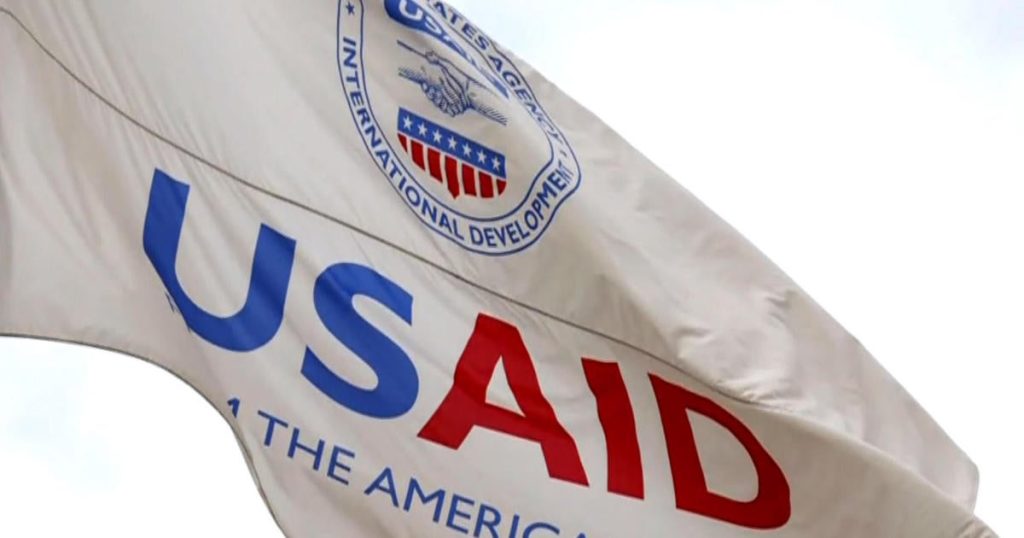The Uncertain Future of USAID: A Preview of Things to Come for Public Servants?
Introduction: The Role of USAID and Its Recent Challenges
The United States Agency for International Development (USAID) has long been a cornerstone of American foreign policy, established in 1961 by President John F. Kennedy to showcase U.S. strength and generosity on the global stage. For decades, USAID has played a critical role in providing humanitarian aid, promoting economic development, and fostering diplomatic ties around the world. Despite its significant contributions, USAID has historically accounted for less than 1% of the federal budget. However, under the Trump administration, the agency found itself in the crosshairs of a broader campaign to redefine the role of government and streamline federal spending. The question on many minds is whether these efforts to dismantle USAID are a harbinger of what’s to come for other public servants and federal agencies.
The Targeting of USAID: Efficiency or Ideology?
The Trump administration’s focus on USAID as part of its so-called "efficiency project" has raised eyebrows, given the relatively small proportion of the federal budget it occupies. Critics argue that singling out USAID for such intense scrutiny feels less like a genuine effort to optimize resources and more like a strategic dismantling of a agency whose mission may not align with the administration’s priorities. This raises concerns about the motivations behind these actions. Is this a nuanced attempt to make government more effective, or is it part of a broader ideological shift away from international engagement and humanitarian efforts? The answer remains unclear, but the impact on USAID—and potentially other agencies—could be profound.
Implications for Public Servants: A Preview of Larger Shifts?
The fate of USAID under the Trump administration has left many public servants wondering if they are next. Federal employees across various agencies have expressed anxiety about the future of their work, particularly if there is a broader push to downsize or reshape government institutions. The targeting of USAID, an agency with a long history of bipartisan support, suggests that no agency may be immune to such changes. This sense of uncertainty is compounded by the fact that USAID’s relatively small budget makes it an unlikely candidate for significant cost-cutting measures. As a result, many are left questioning whether this is part of a larger strategy to reduce the role of government in international affairs and domestic policy.
The Broader Impact: What’s at Stake for Global Diplomacy and Development?
The potential dismantling of USAID has far-reaching implications that extend beyond U.S. borders. For decades, USAID has been instrumental in providing critical assistance to developing nations, responding to humanitarian crises, and promoting democratic values worldwide. If the agency’s capabilities are diminished, the U.S. may lose its ability to influence global events and foster stability in key regions. This could have significant consequences for national security, as well as for the millions of people around the world who rely on U.S. aid. The impact on global diplomacy could be equally severe, as other nations may view such moves as a withdrawal from the international stage.
The Bigger Picture: A Shift in American Global Leadership?
The Trump administration’s actions towards USAID reflect a broader debate about the role of the United States in the world. For many years, U.S. leadership in global development and humanitarian efforts has been a cornerstone of its foreign policy. A significant reduction in USAID’s capabilities could signal a shift away from this leadership role, with potential long-term consequences for U.S. influence and credibility. This is particularly concerning at a time when other global powers, such as China, are increasingly filling the void left by U.S. withdrawal from international commitments. The question remains whether this is a deliberate strategy or an unintended consequence of domestic political priorities.
Conclusion: What’s Next for USAID and the Federal Workforce?
As the situation with USAID continues to unfold, many are left wondering what the future holds for both the agency and the broader federal workforce. The targeting of USAID raises important questions about the priorities of the current administration and whether other agencies may face similar scrutiny. For public servants, this creates an environment of uncertainty and unease, as they wonder if their work is at risk of being sidelined or dismantled. The answers to these questions will have significant implications not only for the future of USAID but also for the role of government in addressing domestic and international challenges. As the political landscape continues to evolve, one thing is clear: the fate of USAID may be a bellwether for the future of public service in America.












